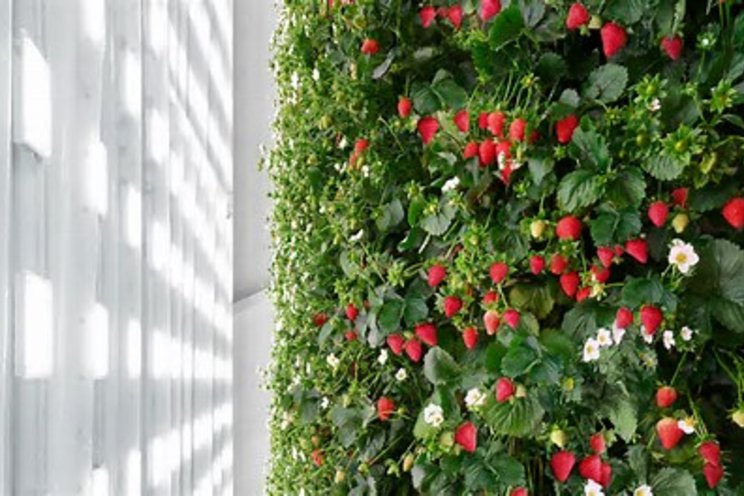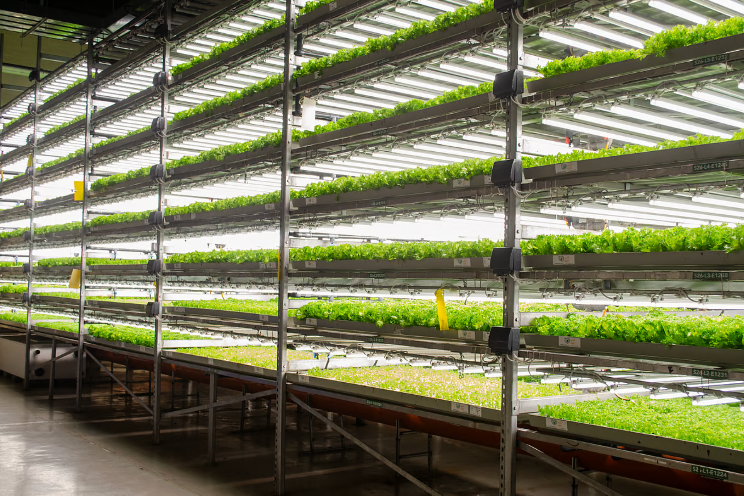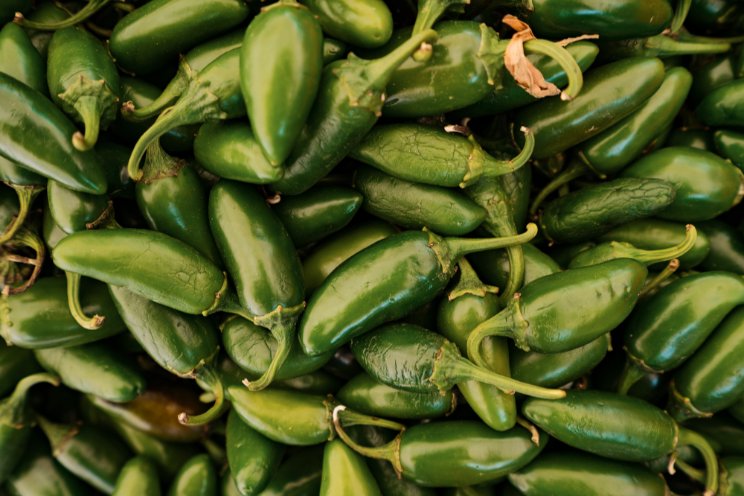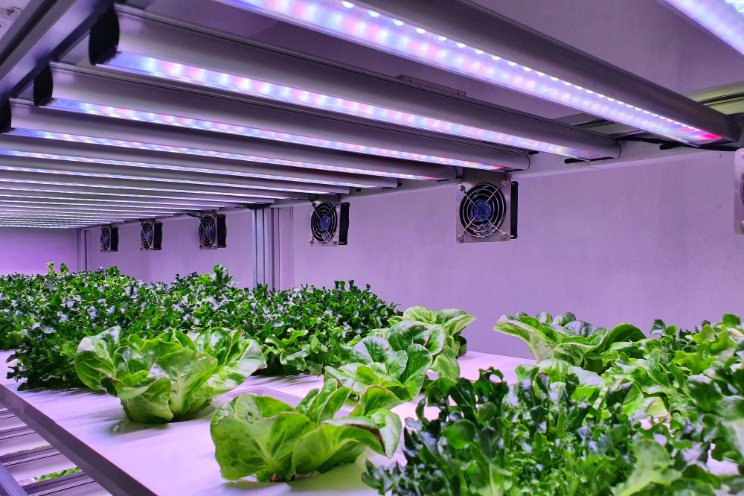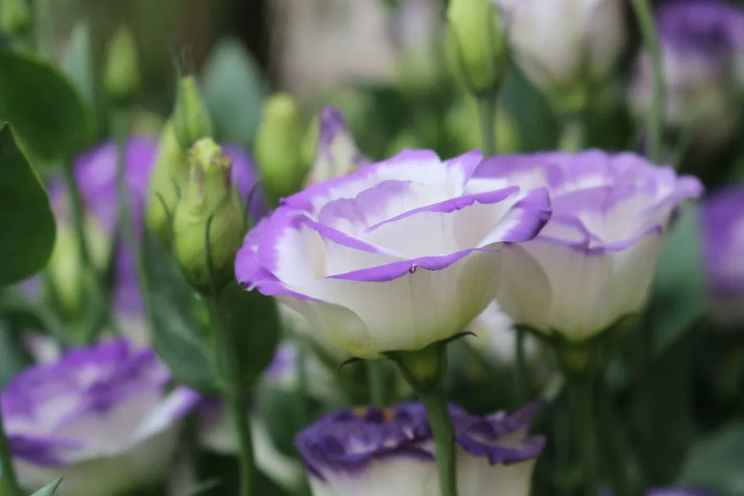Preventing mold development on greenhouse plastics
Added on 14 July 2023
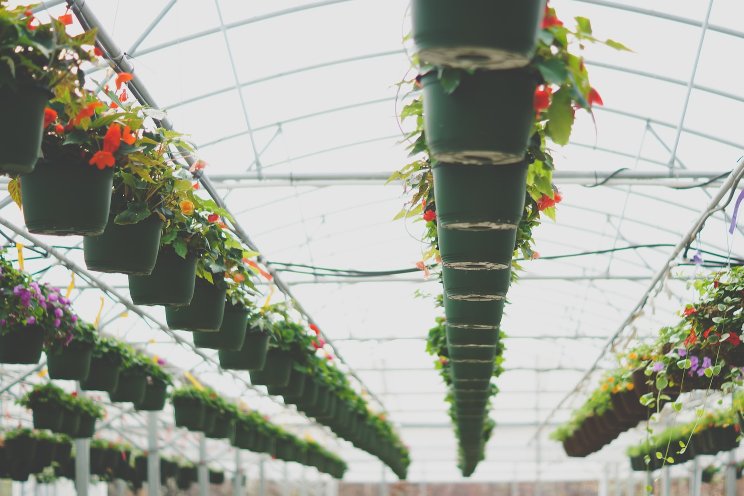
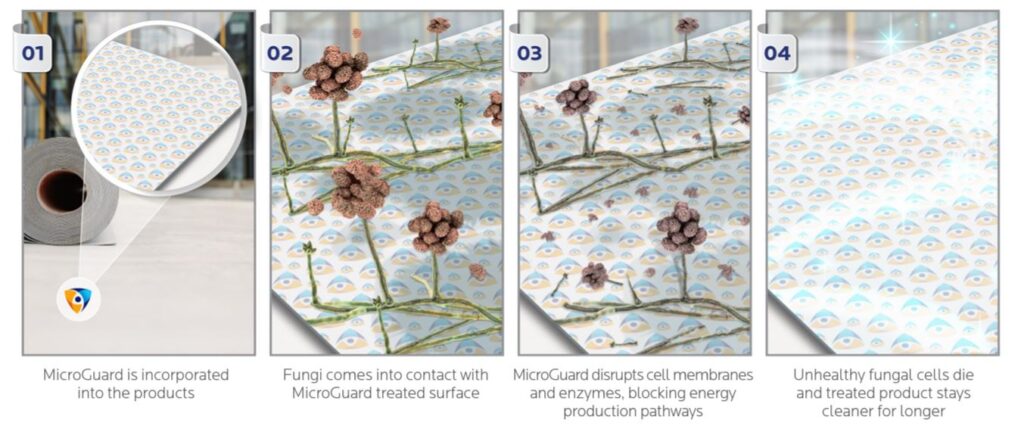
Furthermore, an important feature of polytunnel films is the transparent nature of the coverings, allowing transmittance of sunlight for photosynthetic plant growth. Mold proliferation can lower the film clarity, hindering UV light penetration and negatively impacting crop health. Ultimately, this causes early disposal and replacement of components that end up in landfill, further contributing to the large amounts of plastic waste generated by the agricultural sector – between 2 and 6.5 million tons annually. The development of new strategies to tackle this issue is critical to improving the industry’s green credentials, and antifungal technologies represent an interesting solution.
Photo by Katie Treadway on Unsplash
More news

